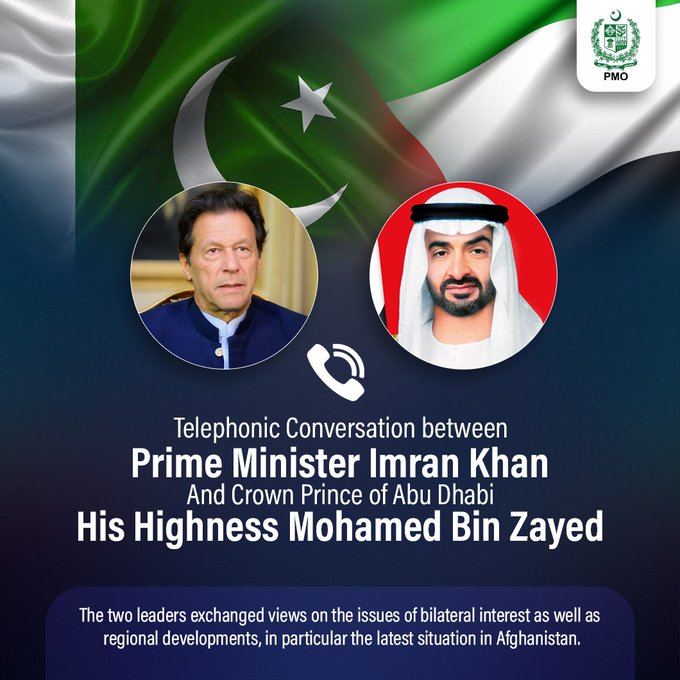
Thanks, @FrudBezhan for this critical intel on why the delay in forming the Talib gov.
These disagreements show that the US read, & very early on in the war, identifying the Haqqanis as a network distinct from the Taliban, was so accurate.
These disagreements show that the US read, & very early on in the war, identifying the Haqqanis as a network distinct from the Taliban, was so accurate.
https://twitter.com/FrudBezhan/status/1434114587952025606
The Haqqanis have always been a group within a group.
Too small to stand on their own but big enough to dominate the parent org.
First under Hizb-i-Islami - Younus Khalis (rural rival to Hekmatyar's more urban faction by the same name) and since the mid-90s, the Taliban.
Too small to stand on their own but big enough to dominate the parent org.
First under Hizb-i-Islami - Younus Khalis (rural rival to Hekmatyar's more urban faction by the same name) and since the mid-90s, the Taliban.
This would explain why when HiI-YK fizzled out the Haqqanis still remained a force.
And when the Taliban rose in the south in '94 the Haqqanis enabled the Talib domination of the Pashtun regions.
And when the Taliban rose in the south in '94 the Haqqanis enabled the Talib domination of the Pashtun regions.
It was the Haqqanis that acted as a force multiplier for the southern Taliban to sweep through the eastern flank in the mid-90s and seize Kabul in '96.
And after their regime fell in late 2001, it was the Haqqanis that once again enabled the Taliban - fueling its insurgency to project power well beyond the movement's southern core turf and target Kabul with multiple suicide attacks.
The fact that they had a permanent second home in North Waziristan, the Haqqanis also served as a key medium through which the Taliban enjoyed sanctuary in Pakistan.
It was also the Haqqanis that served as the link between the Talibs and other transnational jihadists actors such as aQ and TTP.
Because of their huge role in fueling the Taliban insurgency the Haqqanis were able to gain a major boost in their power when Sirajuddin Haqqani was appointed as Mullah Akhtar Mansour's deputy after the latter officially succeeded Mullah Omar.
Until Mullah Akhtar Mansour's death in a 2016 drone strike, Sirajuddin Haqqani was senior to even the current Taliban leader Mullah Haibatullah who was # 3 in the totem pole.
Haibatullah (not Sirajuddin Haqqani) became top Taliban leader likely because of the former's clerical credentials. Sirajuddin probably didn't object because Haibatullah was an ideologue and not a mil commander or even a pol figure and viewed him as a figure head.
If there was any doubt that the Haqqanis were the power behind the throne became clear when Sirajuddin's byline appeared in that NYT op-ed - 9 days before the Trump admin inked the 02/2020 deal with the Taliban.
https://twitter.com/KamranBokhari/status/1230450764214087680
Finally, the fall of Kabul was enabled by the Haqqanis. Given their turf in eastern Afghanistan & strategic depth across the border in Pakistan, they were long well-positioned to go for the kill in Kabul. Recall their countless bombings in the capital during the insurgency.
The bottom line is that the Haqqanis see themselves as having done the bulk of the heavy lifting for the Taliban movement for the past nearly two decades.
And now that its time to be rewarded, they are demanding the lion's share of the emiratic prize.
And now that its time to be rewarded, they are demanding the lion's share of the emiratic prize.
And this represents the collective problem of the Taliban. If the Haqqanis take a big 'piece of the action' then how do the Taliban satisfy the so many others wanting their "fair" share?
These are:
- Quetta Shura,
- Doha politburo,
- veteran field comdrs,
- those who joined over the yrs - esp from minorities -
helped expand insurgency
- those who enabled the takeover of the cities,
- Quetta Shura,
- Doha politburo,
- veteran field comdrs,
- those who joined over the yrs - esp from minorities -
helped expand insurgency
- those who enabled the takeover of the cities,
And this all before we get to the "inclusive" part where some top Karzai/Ghani era figures in Kabul who didn't resist have to be accommodated.
The point is there are way too many who need to be given a slice and there is not enough pizza.
The point is there are way too many who need to be given a slice and there is not enough pizza.
• • •
Missing some Tweet in this thread? You can try to
force a refresh






